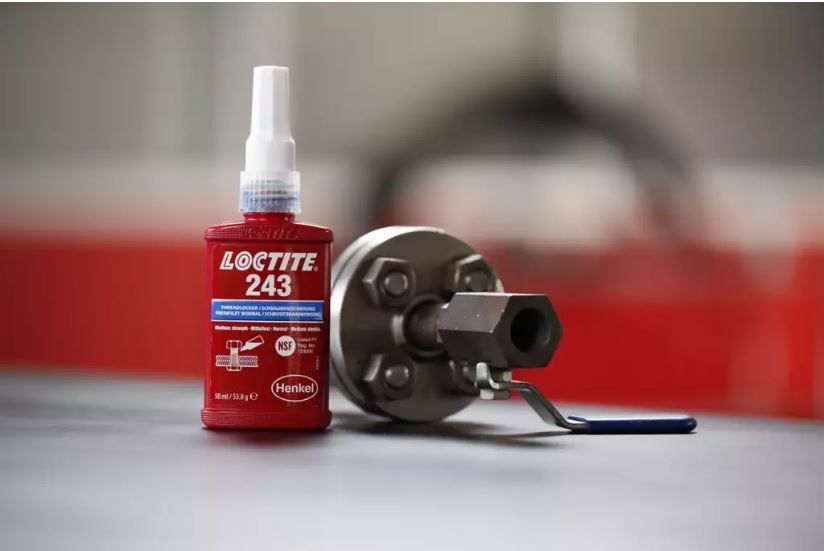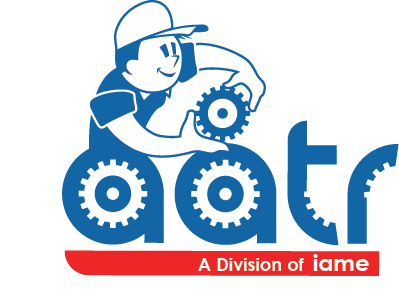Amendments to the Motor Dealers and Repairers Act 2013
December 2023 Industry Guidance
The purpose of this document is to provide industry with further information to support the implementation of new changes.
Overview of the changes to motor industry laws
Changes have been made to the Motor Dealers and Repairers Act 2013 (the Act) which relate to the selling, repairing and recycling of motor vehicles. These changes were made following the completion of a Statutory Review of the Act, which recommended changes to improve the way the motor industry operates and to ensure that penalties remain a deterrent for poor conduct.
A copy of the Bill is available on the NSW Parliamentary website.
The reforms will:
- Allow for the online end-to-end sale of motor vehicles in NSW.
- Introduce specific consumer protection requirements for online motor dealers, including capping deposits from potential buyers and requiring dealers to display their licence number on all advertising material to enable buyers to research the vehicle.
- Provide new protections for consumers when purchasing vehicles at auction by providing access to a vehicle’s inspection report before a purchase.
- Enhance powers to crack down on odometer tampering by banning possession of odometer tampering devices to minimise fraud in the sale of second-hand vehicles.
- Aim to reduce the potential for sale of stolen parts by supporting the introduction of cashless transactions for motor vehicle recyclers by banning licensed recyclers from accepting cash or in-kind payment.
- Increase other penalties to ensure they retain a deterrent effect
The Department is taking a staged approach to commencing the Bill.
Detail on those changes being implemented in 2023 is provided in below.
Further changes to the Act will commence either next year, or following the remake of the Motor Dealers and Repairers Regulation 2014.
Stage 1 Implementation – 1 December 2023
What are the changes?
The following changes will commence on 1 December this year:
- expanded odometer tampering offences including increased penalties
- additional disciplinary actions available to NSW Fair Trading, including
- allowing the Secretary of the Department to issue a monetary penalty as a disciplinary action
- preventing phoenixing by individuals responsible for corporation misconduct
- addressing misconduct by the individual across multiple licences
- preventing certain persons from working in licensed motor businesses
What does this mean for industry?
Banning the possession of odometer tampering devices and increased penalties
Allowing the Secretary to impose conditions as part of an odometer adjustment approval
NSW Fair Trading can now issue the approval of applications for the repairing or resetting an odometer with conditions in cases where, the odometer cannot be repaired or replaced with an accurate reading, for example, where an odometer has reached its operation limit.
For example, where a new odometer is fitted with ‘zero’ kilometres and unable to be reset, NSW Fair Trading will now be able to approve the replacement on the condition that any variance to the displayed reading from the actual distance travelled is recorded on the Personal Property Securities Register.
Allowing the Secretary of the Department to issue a monetary penalty as a disciplinary action
The Secretary may now issue monetary penalties for breaches of the following disciplinary grounds under sections 38 and 39 of the Act (except for sections 38(1)(c)–(f) and section 39(j)).
The monetary penalties will be set at maximum of $11,000 (for an individual) and $50,000 (for a body corporate).
Monetary penalties will ensure NSW Fair Trading has access to all disciplinary options and that any disciplinary action appropriately reflects the severity of the conduct in line with NSW Fair Trading’s existing guidelines to determine a disciplinary action outcome.
A person subject to a monetary penalty will have the right to an administrative review by the Civil and Administrative Tribunal (NCAT).
Preventing phoenixing by individuals responsible for corporation misconduct
Disciplinary action can now be taken against an individual responsible for the misconduct of a licensed body corporate.
Currently, in situations where a licence is held by a body corporate, disciplinary action can only be taken against the licenced body corporate. This means that the individual responsible for the misconduct of the body corporate can simply re-establish a new body corporate with a new licence and continue operating.
This change will ensure that the person responsible will be held accountable and may stop them from obtaining a future license to conduct their business under a different name.
Addressing misconduct by the individual across multiple licences
NSW Fair Trading is now able to proactively cancel a licence held by a corporation on the grounds that a licence would not be issued to the director or person if they applied as an individual.
This will address situations where a sole director of a motor dealer business has had their licence cancelled, but can continue to operate under the corporate licence.
Preventing certain persons from working in licensed motor businesses
NSW Fair Trading now has the power to prohibit persons from working in a licensed motor business if they are found guilty or convicted of, or charged with, offences under the Act or offences involving fraud or dishonesty..
In situations where a person is found not guilty, this prohibition would be lifted.
The list of prohibited persons will also be expanded to include:
- a person who has been refused a licence or who is a director or officer of a body corporate that has been refused a licence,
- a person whose licence has been suspended, cancelled or revoked,
- a person who is disqualified from holding a licence or being involved in the direction, management or conduct of a business for which a licence is required.
The change to the list of prohibited persons in the Act is intended to better align the Secretary’s powers in accordance with the current drafting of the Regulation. The powers will also be expanded to capture the instances of when a person is charged or found guilty of an offence. This will ensure that NSW Fair Trading can continue to take quick and effective action to stop unfit persons from operating motor businesses and potentially causing further harm to consumers.
Decisions about disciplinary action are made in accordance with the NSW Fair Trading’s Guidelines to determine a disciplinary action outcome.
For more information on this change refer to the Frequent Asked Questions below:
FAQs: Preventing certain persons from working in licensed motor businesses
Q: Will amended section 186(2)(f) of the Act require the Regulation to be changed as part of the regulatory review? If so when will the Regulatory review process begin?
A: While there is no intention to change the application of 186(2)(f) through the remake of the Regulation, there is the chance that, through the remake consultation process, issues may arise which will require change.
The Regulation remake process will commence following the passage of the Bill with public consultation planned for Q2 next year.
Q: The new wording for section 186(2)(f) states that "a person” we assume this means any employee. Currently Regulation 37(1) refers to “a license holder must not employ or continue to employ any person as a Manager…” given this how will the Act and the Regulation play out together?
A: The current wording of section 186(2)(f) also references “a person”. The amendment maintains this wording and clause 37 restricts this power to Managers.
The current process of licence holders nominating a manager will continue to apply including the current restrictions in place as set out by clause 37.
Q: New section 186(2)(f) refers to “a person found guilty, convicted or charged with, offences under this Act involving fraud, dishonesty or other prescribed offences….”. What prescribed offences may be included here? Will the offences be spelled out in the Regulations?
A: The existing list in clause 37 will remain, pending consultation outcomes through the Regulation remake process.
No additional offences beyond what is already cited are proposed for inclusion.
Q: The current wording of Regulation 37 notes that a Manager may no longer be employed or be employed if “within the last 10 years…”. Will this still be the case with the change of the Act?
A: Yes.








